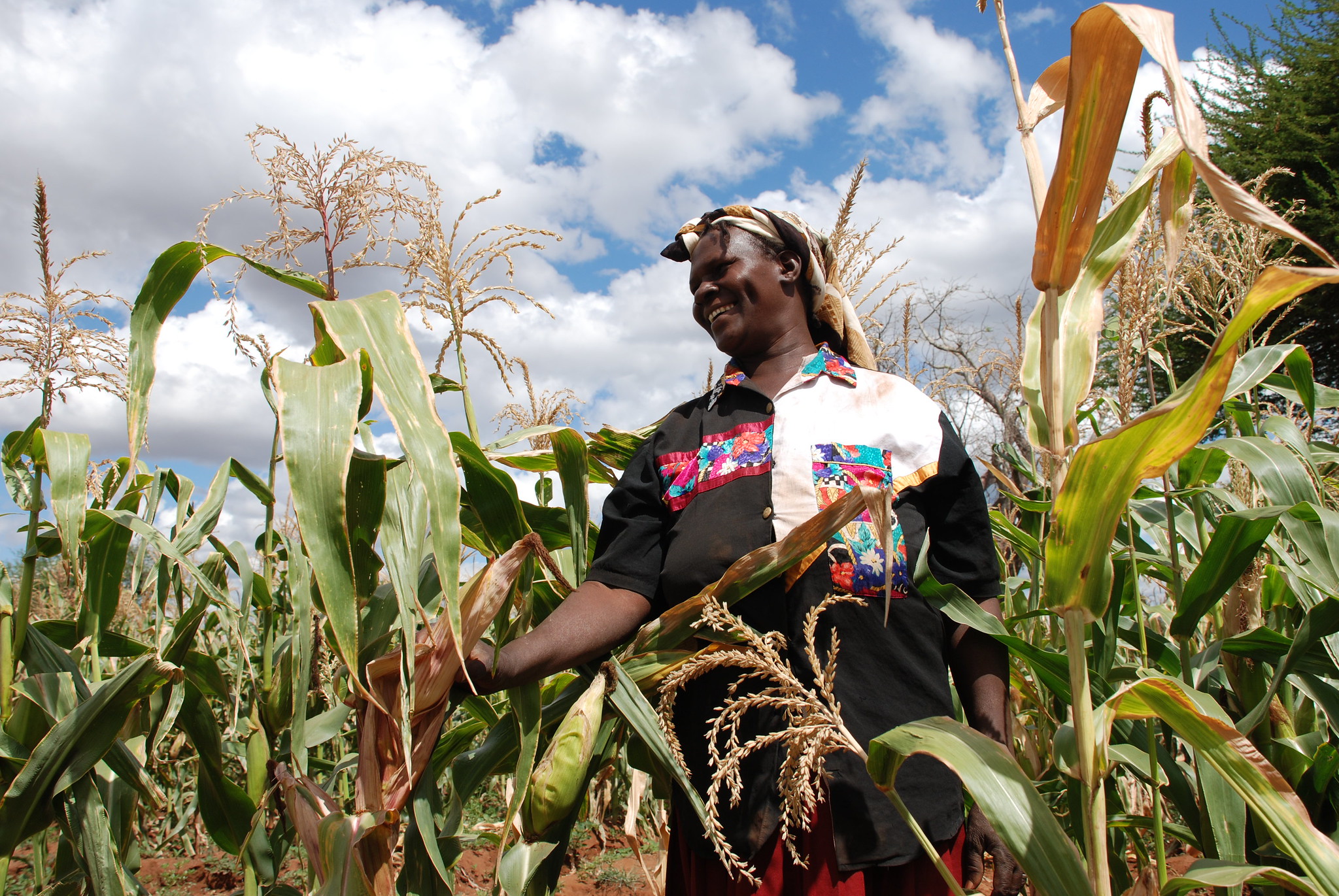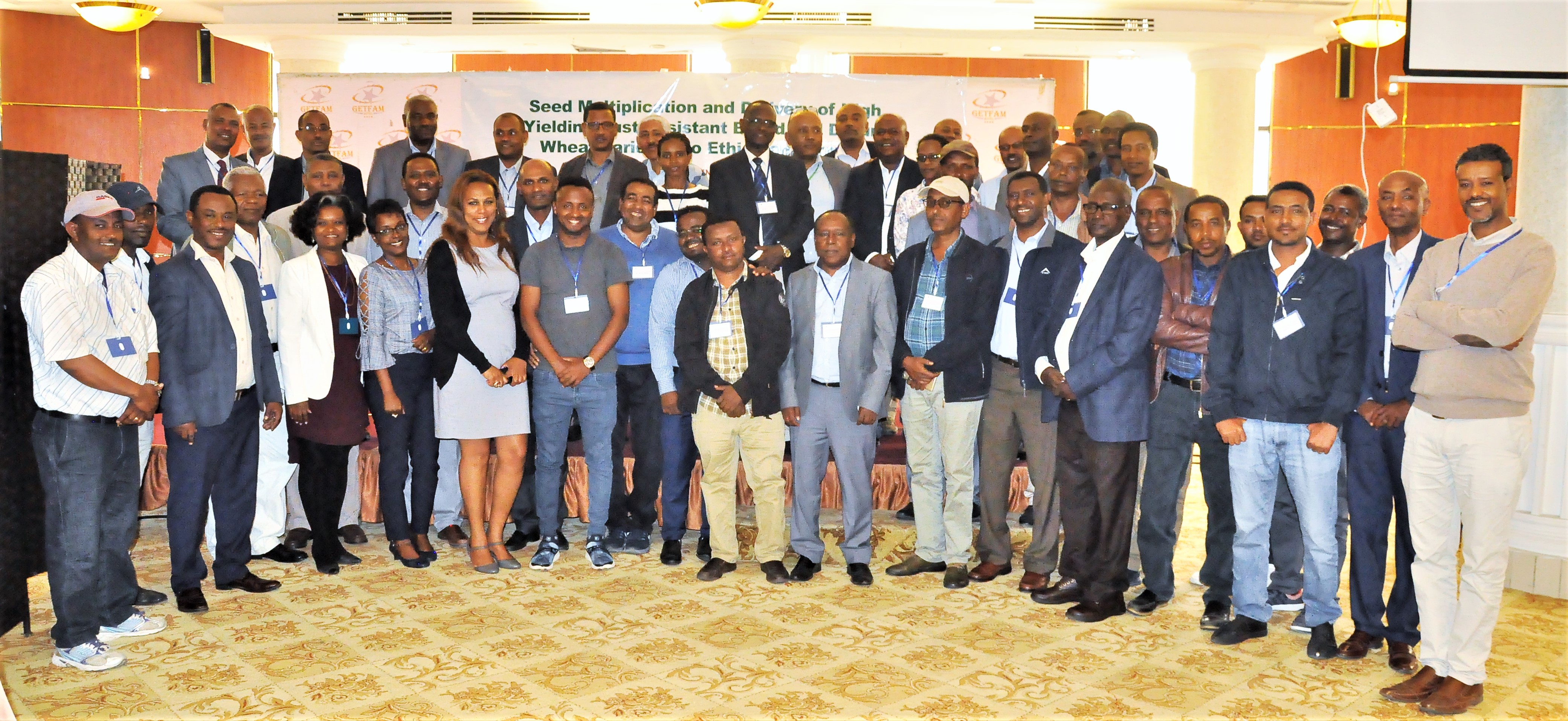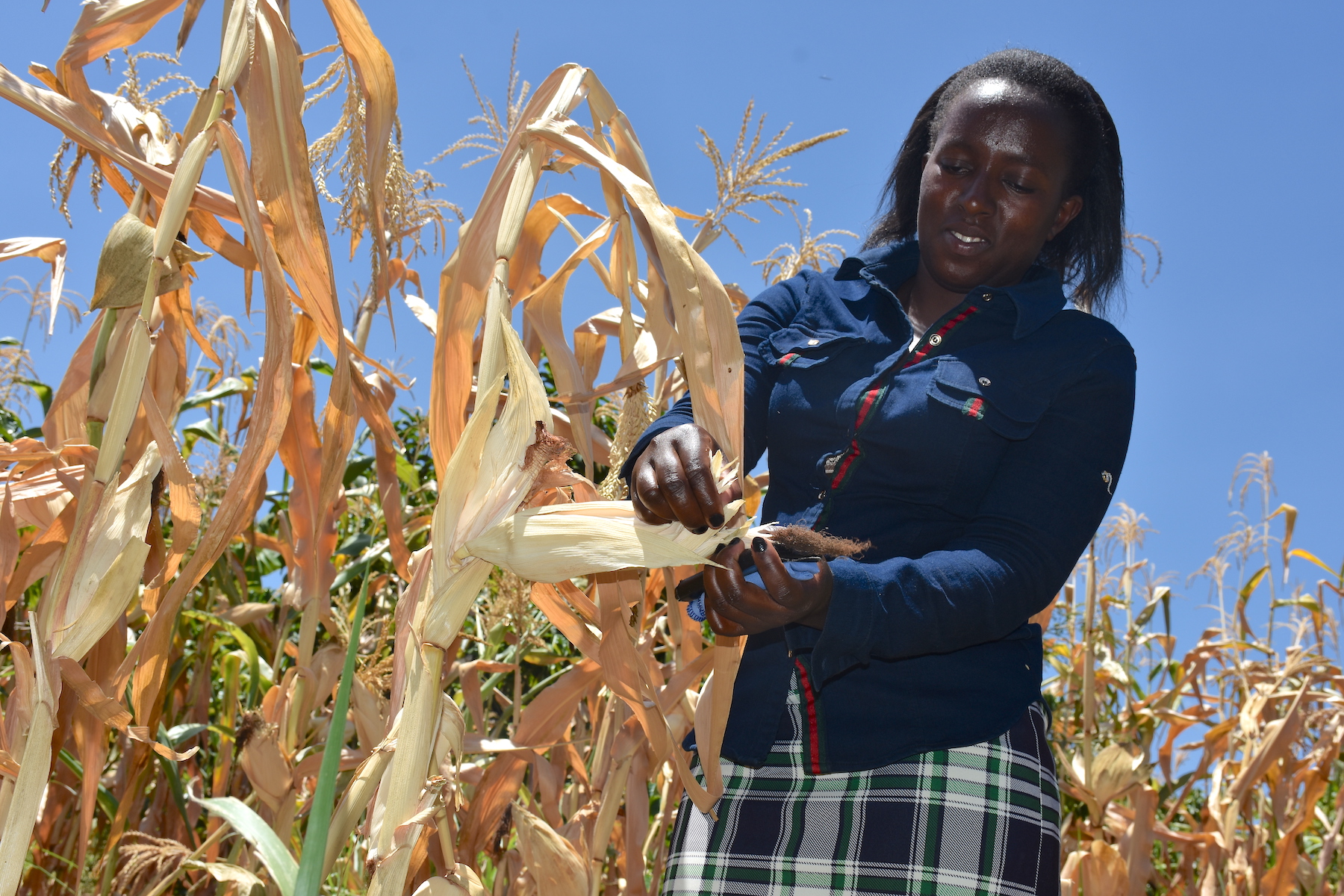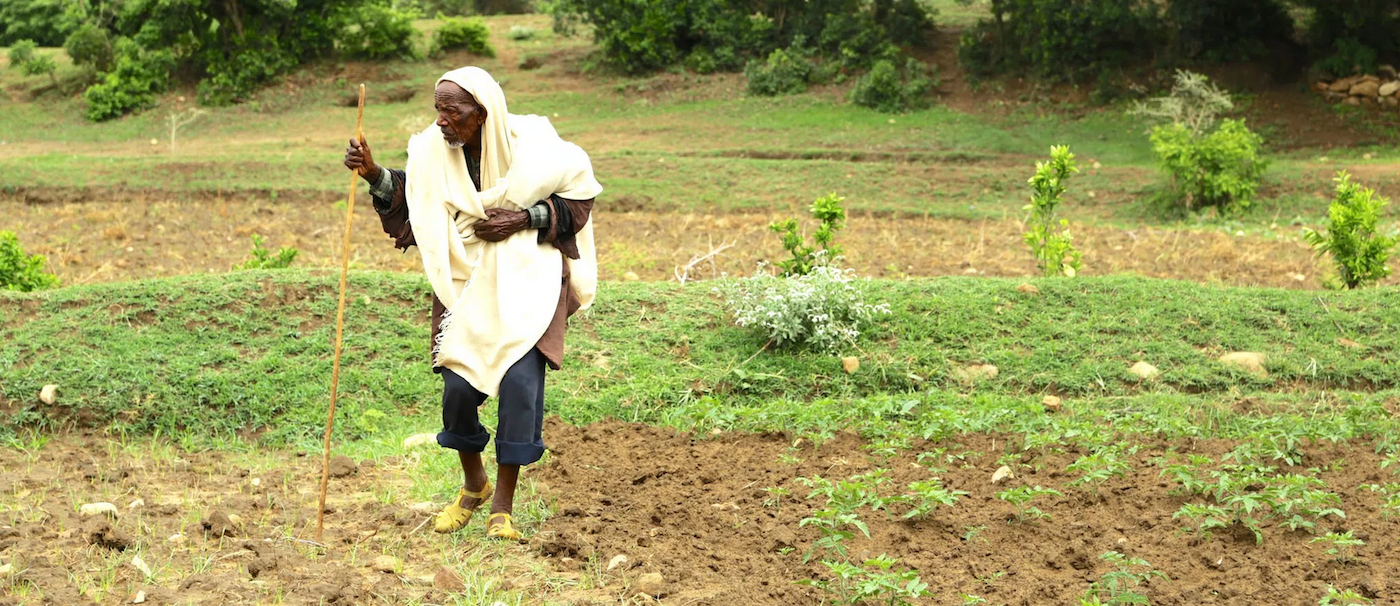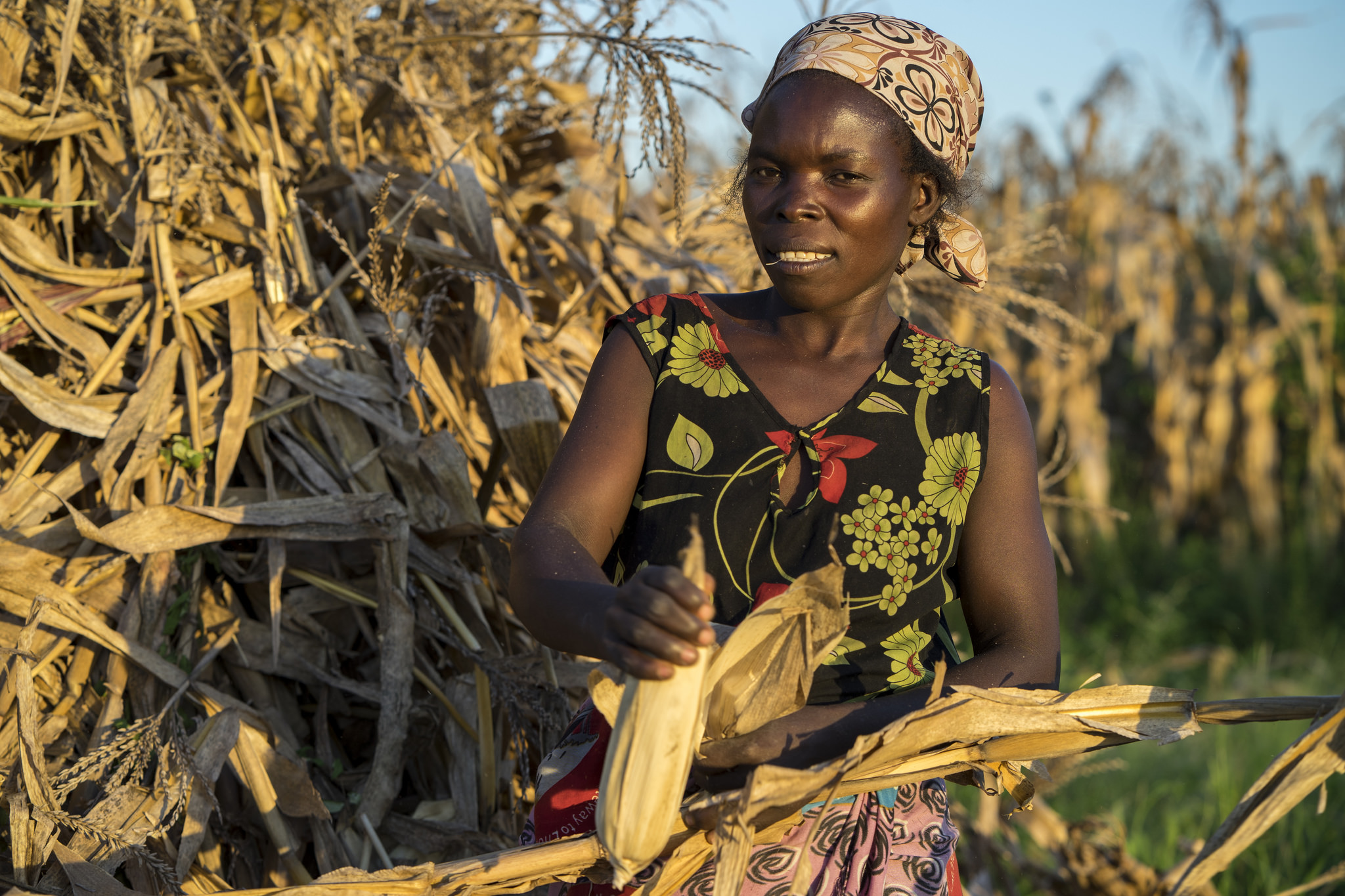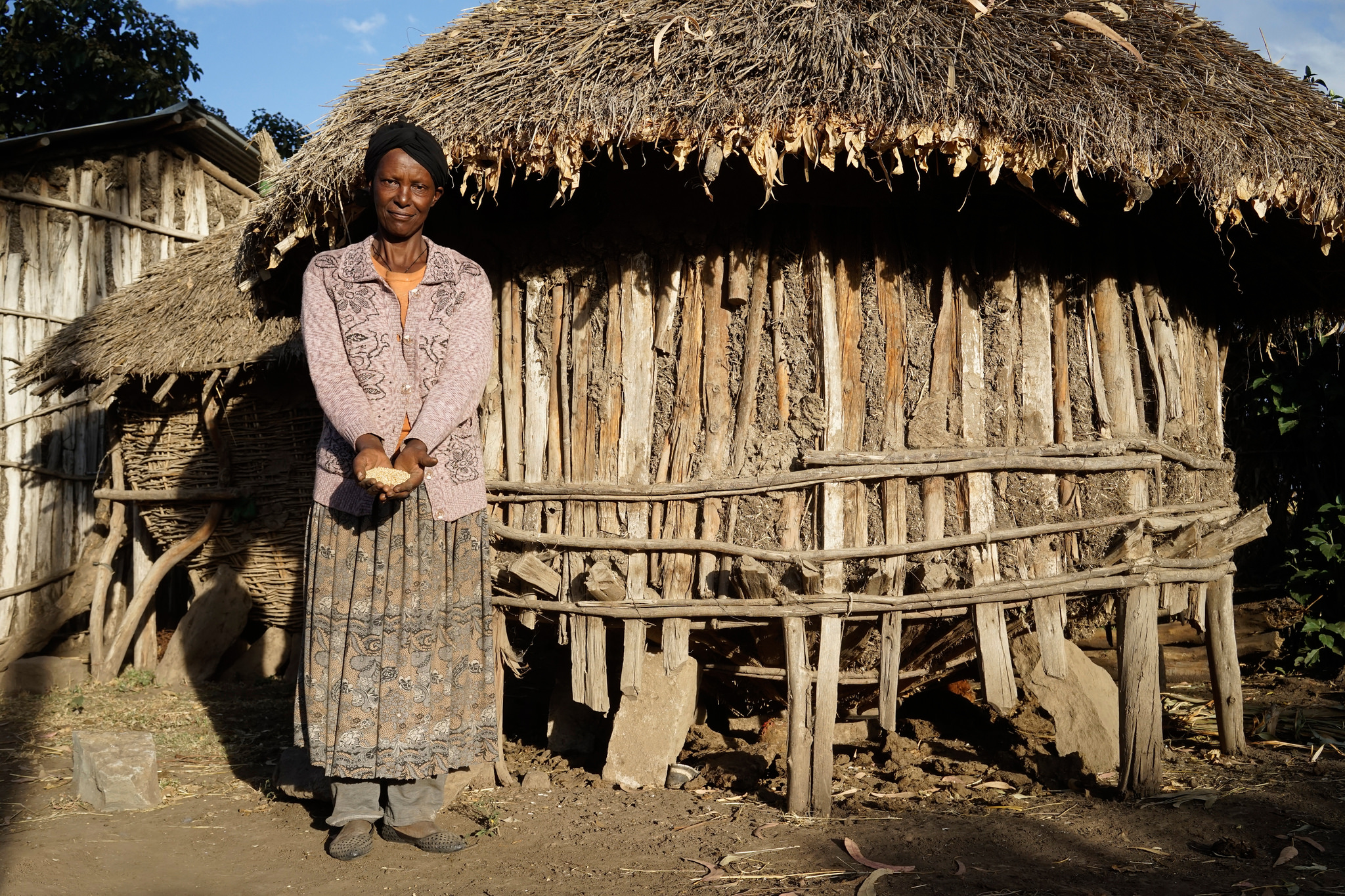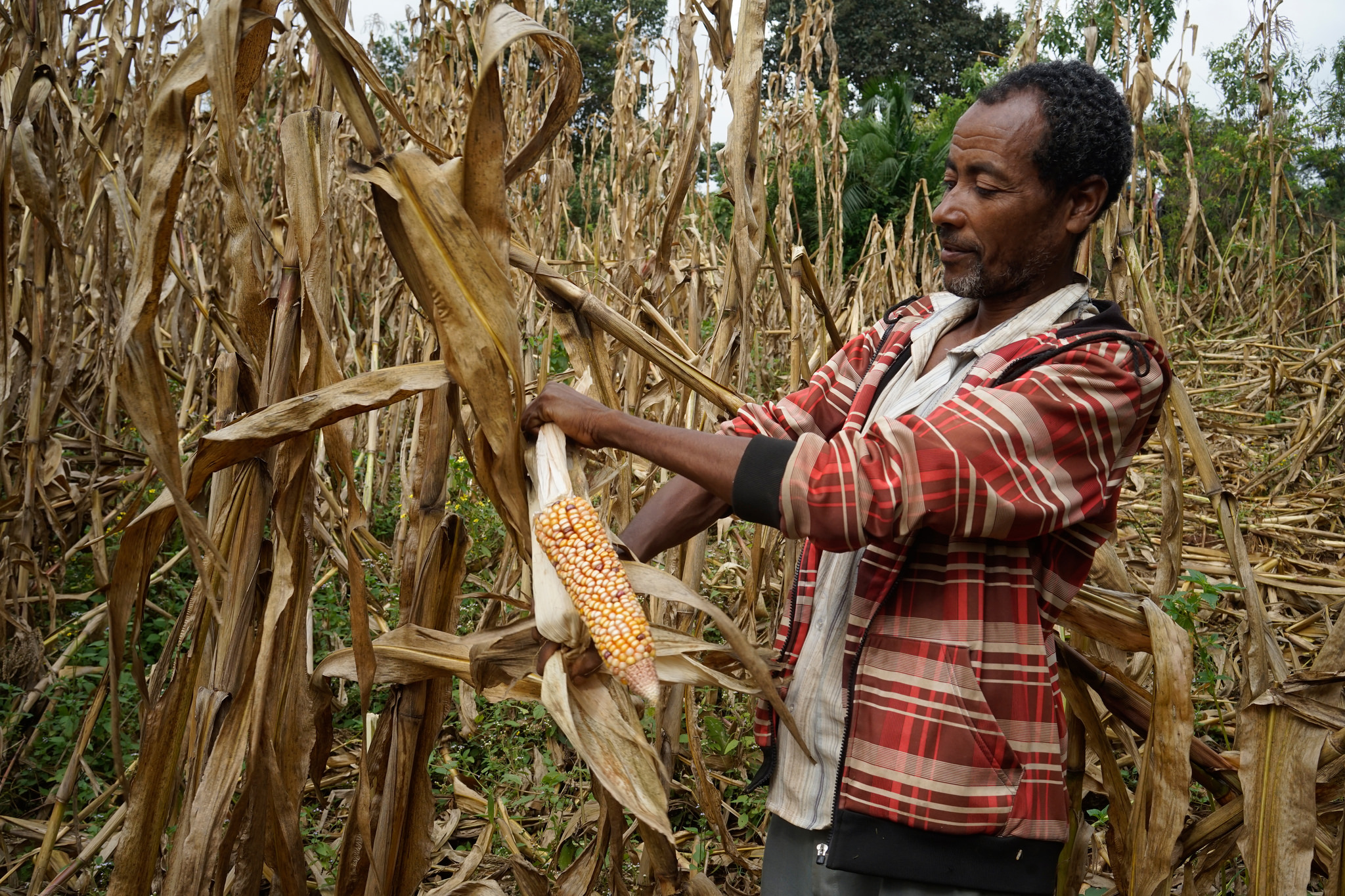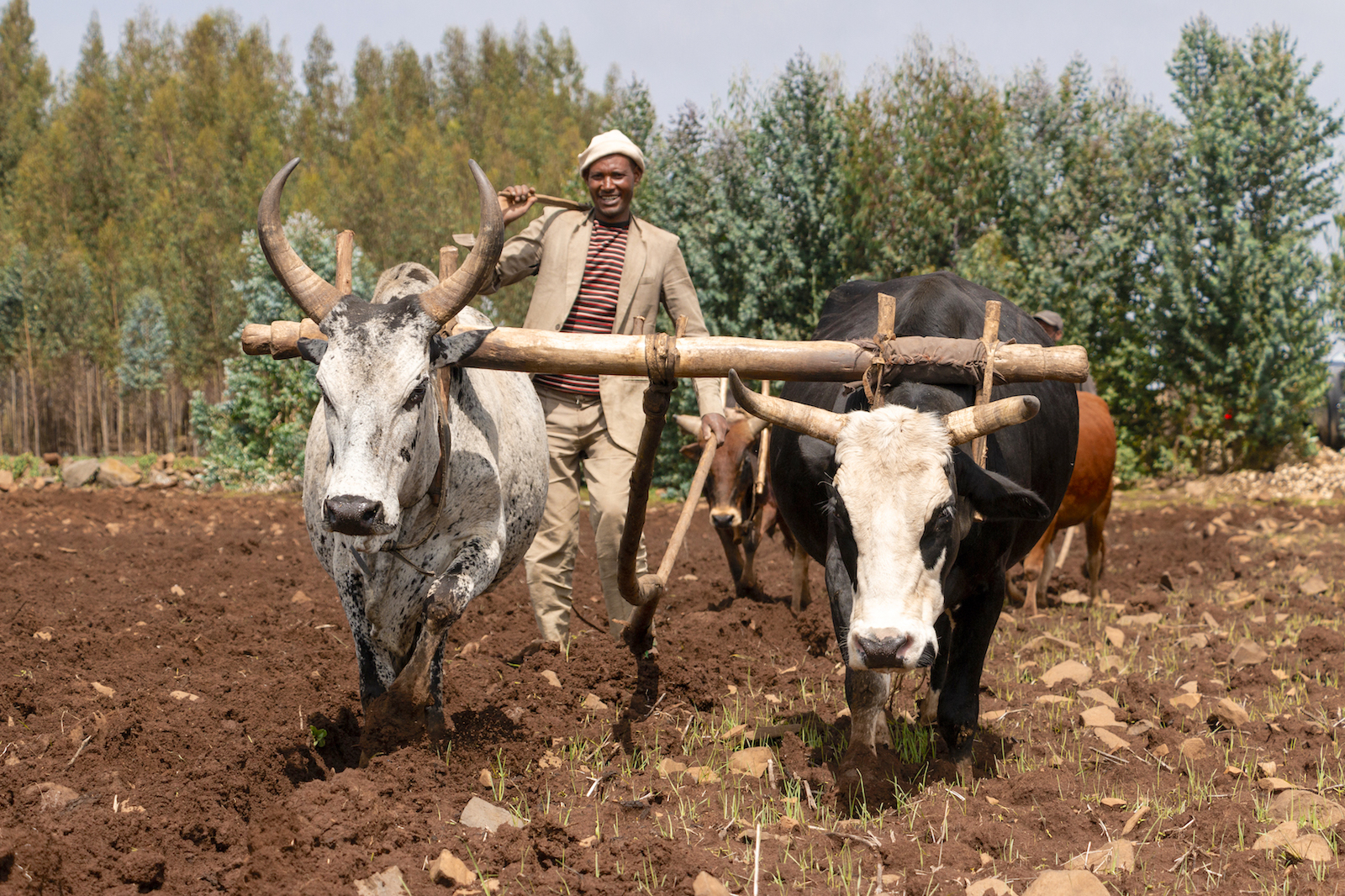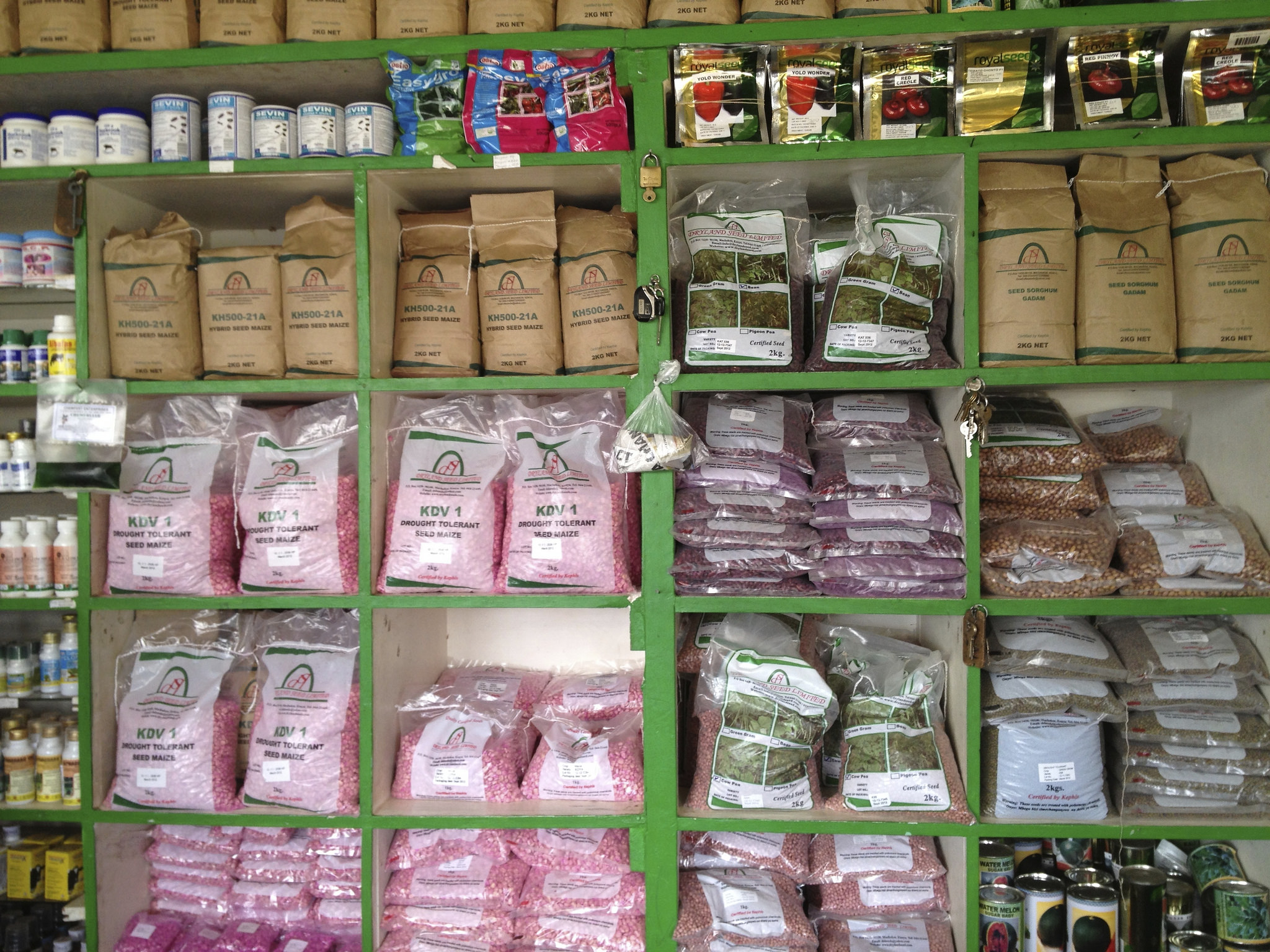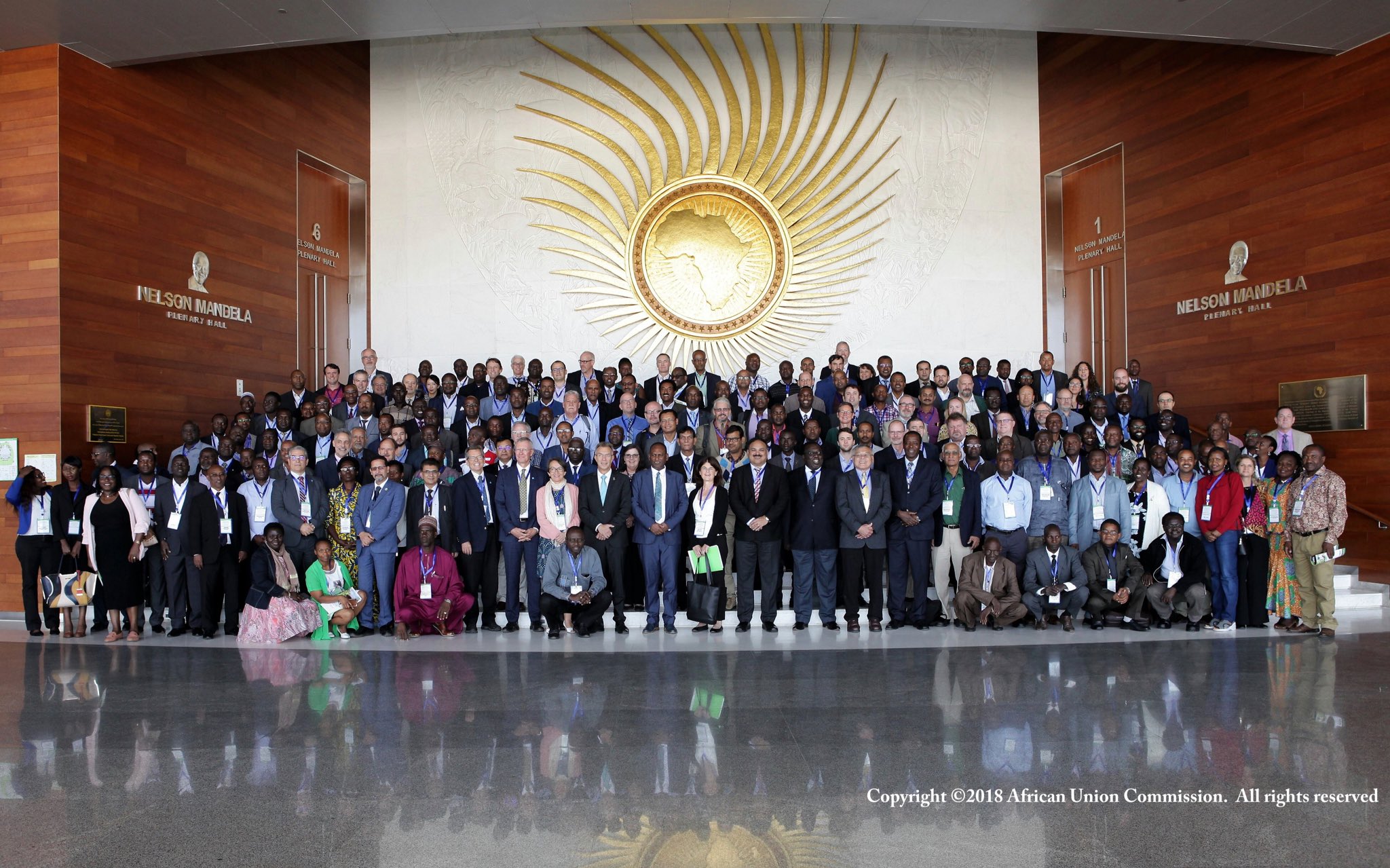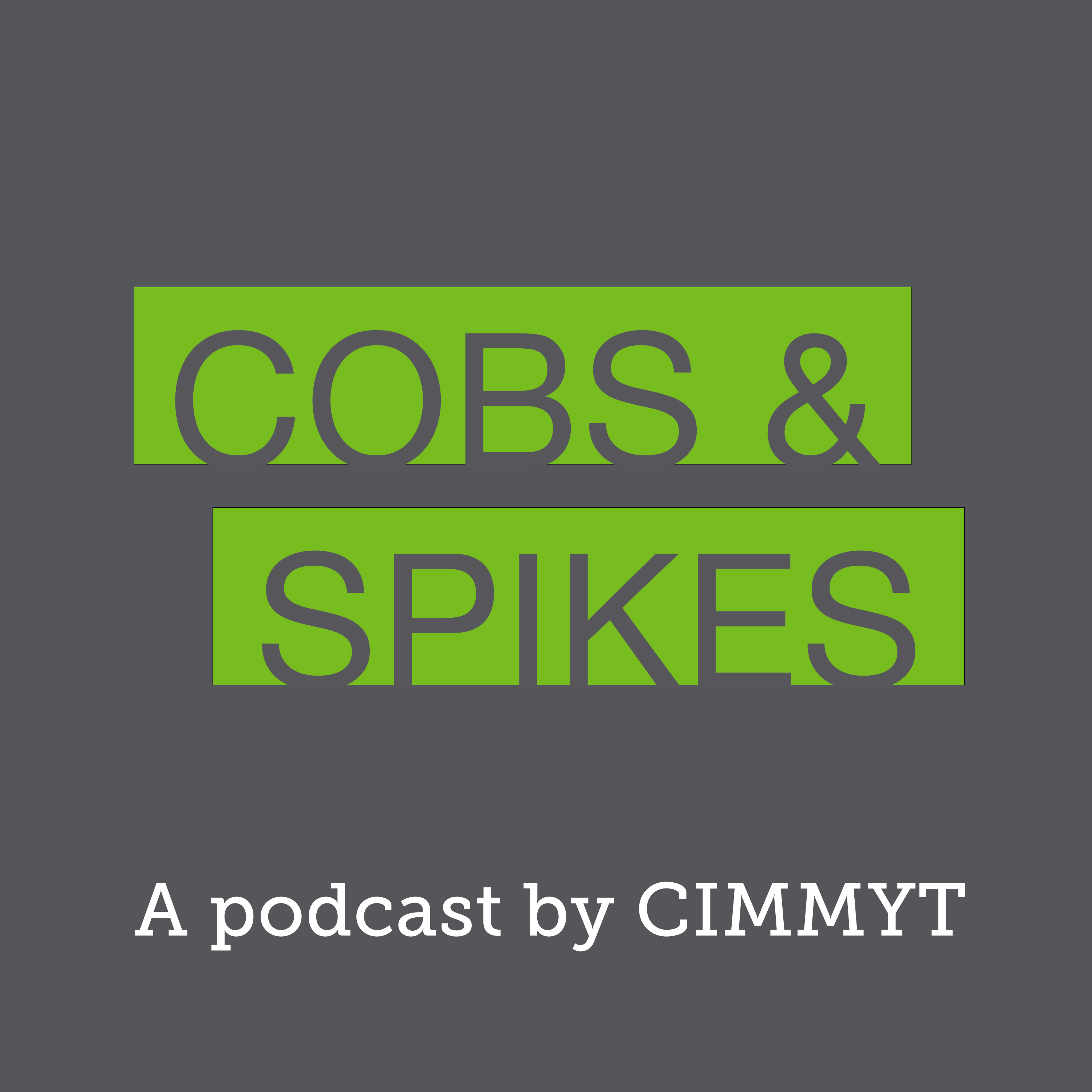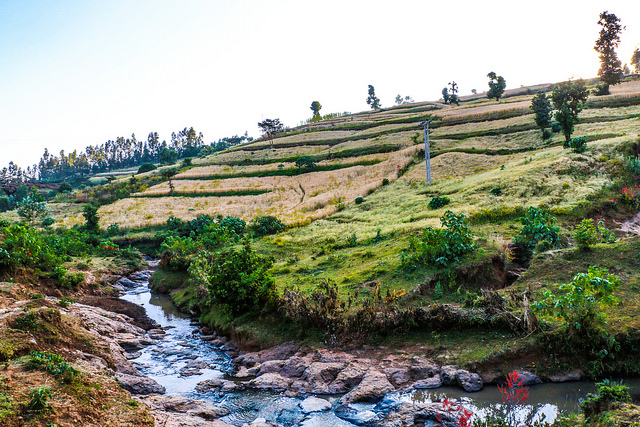Ethiopia
For more information, contact CIMMYT’s Ethiopia office.
Ethiopia calls for continued collaboration to increase wheat production and meet nutritional and food security
 Capacity development
Capacity development
CIMMYT and EIAR officially closed a wheat seed scaling project that benefitted 131,132 households.
Exploring young Africans’ role and engagement in the rural economy
 Capacity development
Capacity development
How important is farming relative to non-farm activities for the income of young rural Africans?
Growing need for food is reason for more biodiversity
 Environmental health and biodiversity
Environmental health and biodiversity
A recent study in Ethiopia has concluded that encouraging biodiversity on and around agricultural land likely increases its productivity.
How gender equity and social inclusion are improving the lives of rural families in Africa
 Gender equality, youth and social inclusion
Gender equality, youth and social inclusion
Women have the potential to be drivers of agricultural transformation.
New publications: Gender and agricultural innovation in Oromia region, Ethiopia
 Gender equality, youth and social inclusion
Gender equality, youth and social inclusion
Authors examine how smallholders attempt to innovate with improved wheat seed, row planting, and the broad bed maker, introduced through the Ethiopian agricultural extension system.
Women’s equality crucial for Ethiopia’s agricultural productivity
 Capacity development
Capacity development
Source: The Reporter (16 Feb 2019)
A new report shows that gender inequality in Ethiopia is hampering efforts to reach the government’s goal of wheat self-sufficiency by 2022.
Experts analyze food systems at EAT-Lancet Commission report launch in Ethiopia
 Climate adaptation and mitigation
Climate adaptation and mitigation
Government officials, researchers and experts developed a list of recommendations going forward.
Reducing high yield gaps with decision-support apps
 Innovations
Innovations
Trials of the Nutrient Expert app showed improved yields, fertilizer-use efficiency and increased profits for farmers.
A wheat self-sufficiency roadmap for Ethiopia’s future
 Nutrition, health and food security
Nutrition, health and food security
Mechanization could boost Ethiopian wheat production and provide youth with new job opportunities.
Q&A: Expanding CIMMYT’s research agenda on markets and business
 Nutrition, health and food security
Nutrition, health and food security
CIMMYT economist Jason Donovan discusses the role of seed companies and food markets.
International research-for-development coalition against fall armyworm, the not-so-nice, very hungry caterpillar
 Nutrition, health and food security
Nutrition, health and food security
Cobs & Spikes podcast: Matthew Rouse discusses research on wheat diseases
 Nutrition, health and food security
Nutrition, health and food security
We talk to the recipient of the World Food Prize 2018 Norman Borlaug Award for Field Research and Application. Rouse is being recognized for his work on Ug99.
Are advisory apps a solution for collecting Big Data?
 Innovations
Innovations
CIMMYT has been researching the use of mobile apps to provide site-specific agronomic advice to farmers.
Suitcase-sized lab speeds up wheat rust diagnosis
 Innovations
Innovations
MARPLE (Mobile And Real-time PLant disEase) is a portable testing lab which could help speed-up the identification of devastating wheat rust diseases in Africa.
